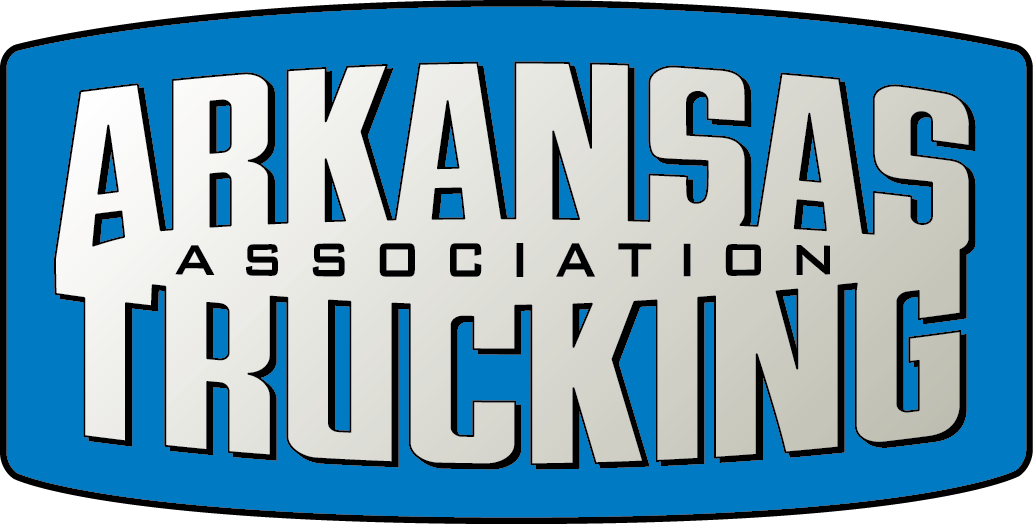Plans for flexible sleeper berth pilot program are behind schedule after another public comment period closed on Nov. 27. The Federal Motor Carrier Safety Administration website said the pilot was supposed to begin in July 2017. According to Sean Garney, director of safety policy for American Trucking Associations , the pilot program is now expected sometime next spring or summer.
The pilot program, which is expected to cost $2.6 million, will be designed to answer the question of whether split sleeper berth time affects driver safety performance and fatigue levels based on evidence from ELD data, onboard monitoring system data, roadside violation data, wrist actigraphy data, pyschomotor vigilance tests, subjective sleepiness ratings, sleep logs, and other data such as vehicle miles traveled.
Proponents of the pilot hope to corroborate the findings of most sleep studies: Well-timed split sleep has either a positive or no effect on subsequent neurobehavioral performance.
Currently, drivers who use sleeper berths must divide their non-duty time with one eight-hour period and another two-hour period. The exempted 240 drivers participating in the pilot will be allowed to split the 10 hours in the sleeper berth (using splits of three and seven hours, four and six hours, or two five-hour periods).
The added flexibility will permit drivers to rest whenever they are tired or to take advantage of congested times by getting rest.
The most recent comment period closed with 143 comments.

